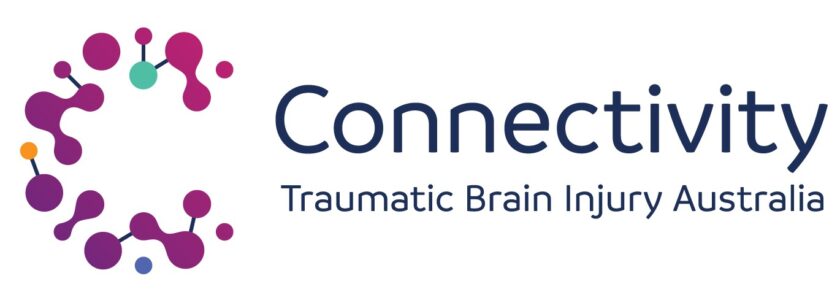Naomi Fuller, Executive Officer
Connectivity Traumatic Brain Injury Australia (Connectivity)

Injury Matters recently #connected with Naomi Fuller from Connectivity Traumatic Brain Injury Australia to learn more about the work and projects that Connectivity do in understanding Traumatic Brain Injury (TBI).
Naomi is responsible for overseeing all operational requirements for Connectivity, including all planning and deliverables, strategy, governance and compliance, stakeholder engagement, communications, finance and HR.
What type of projects is Connectivity currently working on?
Connectivity is working on a range of projects to educate and raise awareness of traumatic brain injuries (TBI), with a specific focus on concussion. We are working to ensure we provide consistent, reliable, research and evidence-based information for the Australian community. We want to empower the community with knowledge and best-practice information so they are fully informed and can further understand TBIs, and the impact they may have on your life if not managed correctly.
How do you see injury prevention projects evolving over the next 5 years?
I think education will play a large role in injury prevention projects over the next 5 years. Positive evolution can only occur when there is collaboration with government, local organisations, service providers and communities, who all need the opportunity to contribute to voice concerns and discuss the most productive ways to address the needs. Collective knowledge is powerful and can be used positively for a far greater impact on outcomes. And of course, things will always continue to improve through technology and continued research.
Describe some of the biggest challenges for your industry in the injury prevention space.
There are a number of challenges with TBIs. Concussion has been placed in the spotlight due to increased media coverage from a sporting context, yet less than 20% of concussions are actually caused by sport. People are more likely to sustain a concussion from a fall, motor vehicle crash or assault (including family domestic violence).
As an invisible injury, many people do not realise that they may have sustained a concussion and therefore do not allow their brain to recover, nor do they seek further medical care or advice. Most concussions, with correct management, will heal uneventfully. Some people though, can suffer ongoing symptoms which can become debilitating.
Our challenge is raising the level of awareness about concussions, the ways they can be sustained, their signs and symptoms and for people to understand how to manage and treat one. Whilst in many cases, it can be hard to fully prevent a concussion from happening, being more aware of the instances in which they can occur and ways you can make your surroundings safer will help.
Any new projects planned?
A few exciting projects we have in the pipeline include bespoke concussion education for GPs, culturally appropriate concussion education for Aboriginal and Torres Strait Islanders as well as TBI education and awareness for family domestic violence sufferers and their health care providers/ support workers.
How can people connect with you and the work being done by Connectivity?
Our website is a great source of information for the Australian community.
We have free courses on concussion:
- Sport-Related Short Course
- Concussion Short Course
- Concussion in Older Adults Short Course
Plus downloadable fact sheets and opportunities for people to connect with research projects and a suite of information on TBI generally. Head to our website to find out more: www.connectivity.org.au

Connect with Industry
If you are looking for regular updates on the great work other injury prevention organisations are doing across WA and how you can collaborate with them, why not join the
Want to meet more people like Naomi?
Join CONNECT.ed!
CONNECT.ed is a free networking tool for everyone working within the injury prevention and community safety sector.
